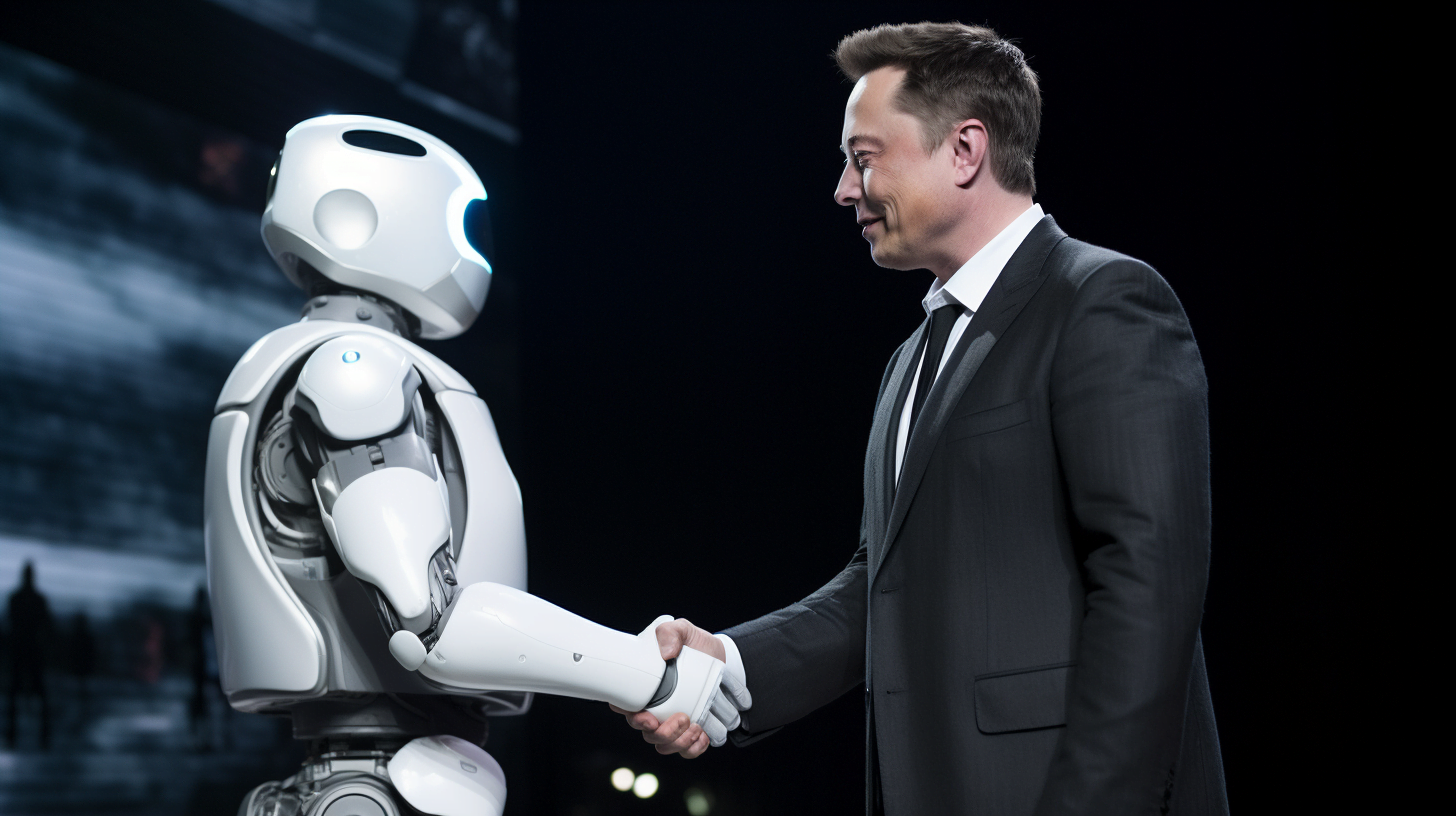AI Startup Code Metal Secures $36 Million to Revolutionize Software Translation for Global Industries
AI Startup Code Metal Secures $36 Million to Revolutionize Software Translation for Global Industries
By
David Goldfarb
Last updated:
November 13, 2025
First Published:
November 13, 2025

Photo: The Decoder
Code Metal’s Big Leap in AI-Powered Software Development
Boston-based AI startup Code Metal has raised $36.5 million in fresh funding, signaling a major step forward in its mission to simplify and accelerate how software is built across different programming environments. The Series A round was led by Accel Partners, the Silicon Valley venture capital firm known for early investments in Facebook, Dropbox, and Atlassian.
Founded just two years ago by Peter Morales, a former chief technology officer at a gaming company, Code Metal is tackling one of the most persistent problems in modern software development — the inefficiency of rewriting and maintaining code across different programming languages and hardware systems. The company’s platform enables engineers to write code once and automatically translate it into other programming languages, drastically reducing development time and costs.
“The goal is to let developers focus on building, not rewriting,” Morales said. “With Code Metal, companies can deliver new features faster, more reliably, and across a wider range of platforms.”
Transforming Code Translation Across Industries
Code Metal’s technology has quickly found a strong foothold in industries where reliability and performance are paramount. Its clients already include the U.S. Air Force, Raytheon, L3Harris, Bosch Ventures, and several major automotive suppliers and consumer electronics companies.
These sectors rely on complex hardware ecosystems — from chips powering factory robots and connected vehicles to embedded systems in appliances and medical devices. Morales explained that Code Metal’s AI solves the longstanding challenge of cross-platform compatibility, where companies often need to rewrite code for different chipsets or software environments.
“For instance, if an automaker builds a software feature for a sports car running on an Nvidia chip, Code Metal’s platform can automatically adapt that same feature for an older minivan model,” he said. “This makes production far faster and far less error-prone.”
The company says it has already signed tens of millions of dollars in contracts across both commercial and defense sectors.
Going Beyond “Vibe Coding”
Unlike platforms such as Cursor or Anthropic’s Claude Code, which focus on AI-assisted “vibe coding” — using prompts to generate prototype code — Code Metal is designed for the production phase of development.
“Vibe coding helps you brainstorm and start a project, but it doesn’t guarantee accuracy,” Morales said. “At Code Metal, we focus on production-ready code — code that’s correct, compliant, and fully functional across systems.”
To achieve this precision, Code Metal combines large language models with formal verification methods, a rigorous computer science approach that ensures every line of translated code meets strict reliability standards. This makes it particularly valuable in high-stakes environments like defense, automotive safety systems, and industrial automation.
Investors See Massive Market Potential
The $36.5 million funding round included participation from J2 Ventures, Shield Capital, Bosch Ventures, and Raytheon’s RTX Ventures. According to Steve Loughlin, the Accel partner who led the round, Code Metal represents one of the fastest-growing startups in Accel’s portfolio.
“The market opportunity is practically uncapped,” Loughlin said. “Every major enterprise is looking to modernize legacy systems, build faster on the edge, and extend their software to new hardware platforms. Code Metal makes that possible.”
Industry analysts estimate that the global market for AI-assisted software development could exceed $100 billion by 2030, driven by the rapid adoption of AI tools in enterprise development pipelines. With its advanced translation engine and growing client base, Code Metal is positioning itself at the center of this transformation.
Aiming for Scale and Global Reach
With its new funding, Code Metal plans to expand its engineering team, enhance product features, and accelerate its global reach, particularly in Europe and Asia. The company is also exploring integrations with major cloud platforms and DevOps tools to make its translation technology accessible to enterprise developers worldwide.
“This investment allows us to scale faster and bring our technology to organizations that need reliability at every level of software deployment,” Morales said. “We’re not just building a tool — we’re building the future of how software is created and maintained.”
As industries move toward more complex, connected systems powered by AI and machine learning, Code Metal’s vision of seamless, cross-platform development could become a new standard in global software engineering.
Popular articles
Subscribe to unlock premium content
The Rise of Silent Walking Tours in Historic Cities

The Rise of Ultra-Niche Cooking Classes Focused on Historical or Regional Recipes

The Rise of One-Person Dining Experiences for Ultra-Introverts in Major Cities

The Rise of Silent Walking Tours in Historic Cities

The Rise of Ultra-Niche Cooking Classes Focused on Historical or Regional Recipes

The Rise of Silent Walking Tours in Historic Cities









